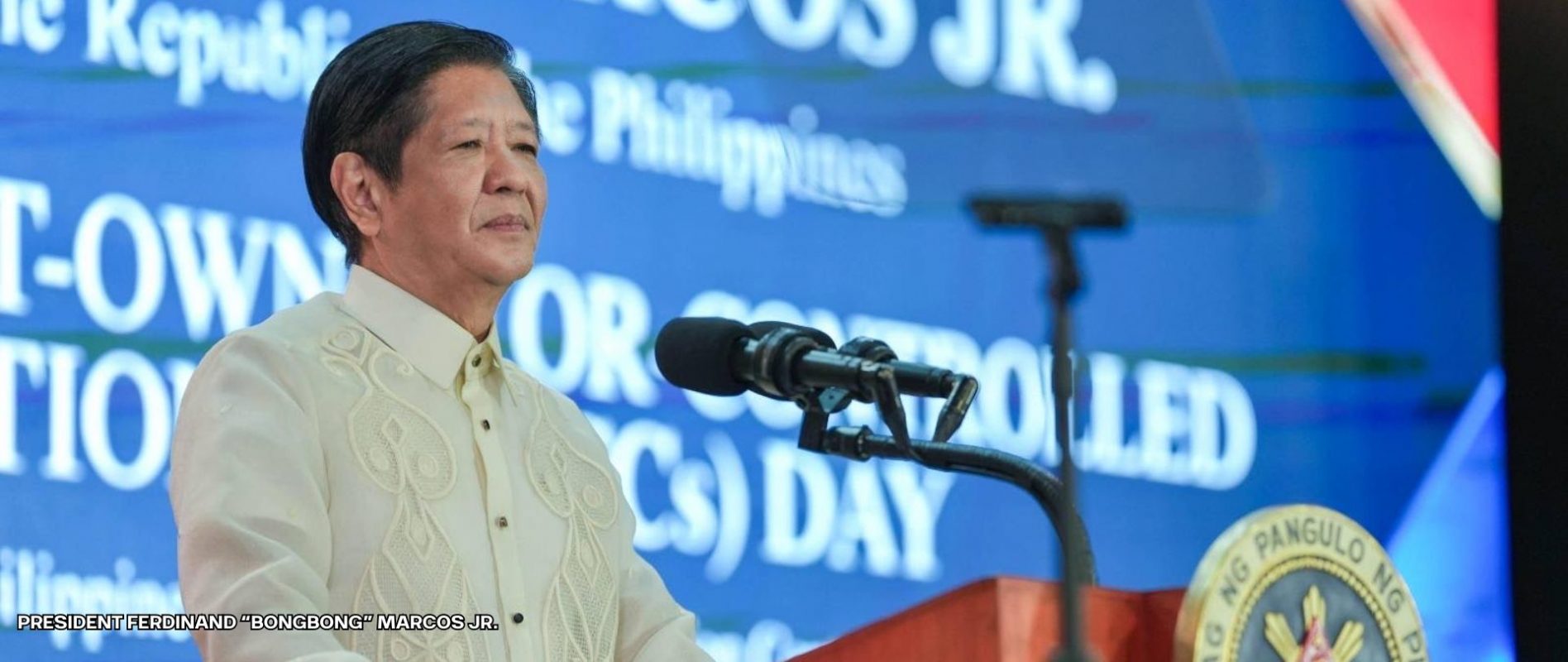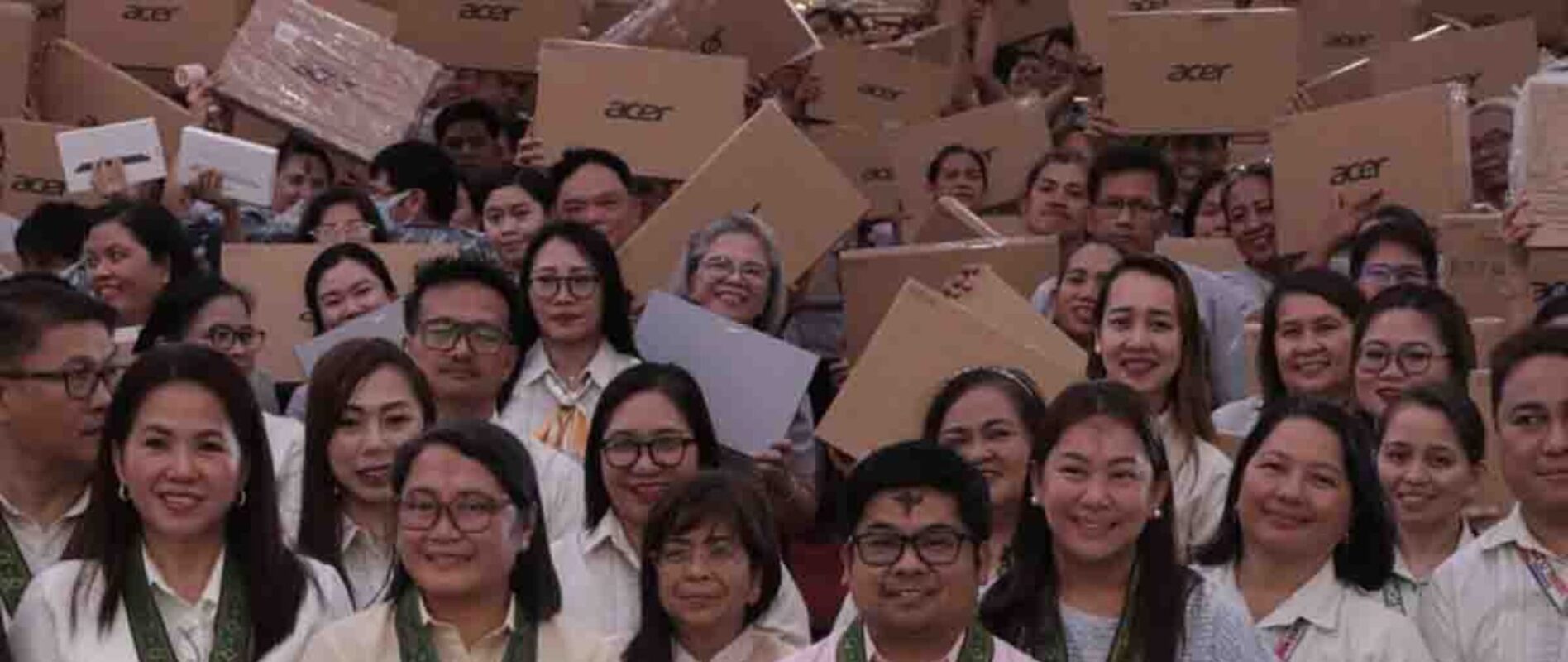UP FACULTY RECRUITING STUDENTS, PARLADE CLAIMS
LT. GEN. Antonio Parlade Jr. accused officials of the University of the Philippines of allowing its faculty who are members of the Communist Party of the Philippines to recruit students.
The spokesman of the National Task Force to End Local Communist Armed Conflict claimed that some members of the UP community helped prepare “for some activities in the underground” like anniversaries of the New People’s Army, the armed wing of the CPP.
Others provided materials for propaganda “to destroy and bring down the government.”
Parlade said security officials are not blaming the university itself, but the “tools that they are using to exercise their academic freedom.”
“One of those tools, you freely allow your faculty who are members of the CPP to conduct this subtle training and recruitment of these students,” he said.
He stressed that there is a difference between legitimate activism and terrorism.
“There’s a very, very thin line dividing these two. Ang tawag nila doon legal, mala-legal and illegal. Those are in the documents of the CPP, and they know that,” he said.
Parlade reiterated that the mere presence of security personnel in campuses is not a violation of basic freedoms.
“This is a perception of these guys because of martial law. But we have learned our lessons. We have to support activism, we have to support criticisms of the government but the people should understand the limits of their actions,” he said.
“I really don’t think we will violate the freedom of expression of these students just because they know the school is being monitored,” he added.
The Department of National Defense unilaterally terminated its agreement with the University of the Philippines that for decades prevented members of the military from entering UP campuses.
Defense Secretary Delfin Lorenzana cited the recruitment of students by the CPP/NPA as the reason behind the abrogation.
Parlade admitted that the military has not ceased intelligence gathering at UP and the Polytechnic University of the Philippines.
“We have not ceased conducting this monitoring but on a smaller scale. What we want to do now is to have more opportunity to engage the administrators of the schools and student councils without necessarily intimidating them or what,” he said.
“You know the problem starts with the recruitment of freshmen. ‘Yung pagiging activist, that’s fine but it’s very difficult to monitor what’s happening with these organizations when these people are brought to the underground which is basically off the radar,” Parlade said.














